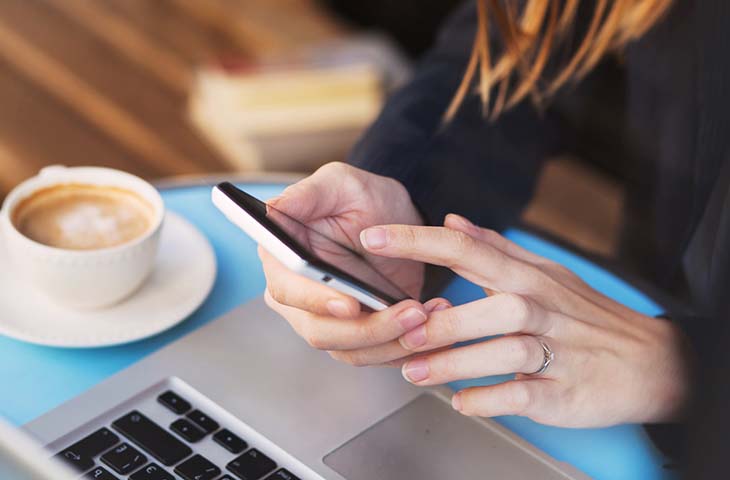A biometric scan is a form of identity verification that uses unique physical or behavioral characteristics to confirm that a person is who they claim to be. Biometric scans are becoming increasingly common, as they offer a more secure alternative to traditional methods like passwords and PIN numbers. In many cases, biometric scans can be used for payments, mobile phone unlock codes, and other financial transactions. The main advantage of biometric scans is that they cannot be easily guessed or stolen like passwords can. As a result, biometric authentication can help to reduce fraud and protect people’s personal information. How can this be used for biometric payments?
The Nigerian mobile infrastructure is not particularly robust and many Nigerians have no access to mobile phones. Based on the success of India’s Aadhaar deployment Torche Africa will also attempt to deploy a payments network using biometrics. The first implementation used fingerprints but has expanded to support face and palm recognition. The challenges include consumer adoption, merchant adoption, secure onboarding, gaining access to consumer funds, and of course securing the biometric data collected. FindBiometrics comments:
“The problem, according to Torche co-founder Sisan Dorsu, is that Nigeria’s payment network is neither convenient nor inclusive. The country’s mobile ecosystem is expanding, but it is not yet fully stable across the entire country. As a result, paying for something at the point of sale can be frustrating and time-consuming, since customers have to wait for a steady signal. By the same token, many people do not have a smartphone, and therefore cannot participate in a payment system that relies on apps and mobile connections.
Dorsu believes that biometrics offers a potential solution to that problem, since the technology gives people a way to prove their identity in virtually any situation. Most notably, a biometric scan can be used to authorize a financial transaction, whether at the point of sale or when sending funds to someone in another country.
Of course, building a program of that scale is extremely challenging. Torche is nevertheless quite optimistic, and is hoping to provide coverage for 50,000 merchants in Nigeria in the next 12 months.”
Biometric scans are becoming increasingly popular as a means of authentication for payments and other financial transactions. Using a mobile phone or other devices equipped with a biometric scanner, users can quickly and easily confirm their identity. This is especially useful in situations where a traditional form of identification, such as a credit card or driver’s license, is not readily available. In addition to payments, biometric scans can also be used to access personal information, such as medical records or bank account balances. As the technology continues to evolve, it is likely that biometric scans will become even more widely used in our everyday lives.
Overview by Tim Sloane, VP, Payments Innovation at Mercator Advisory Group
